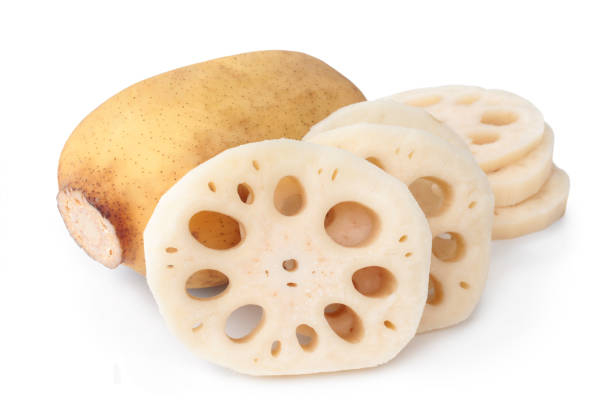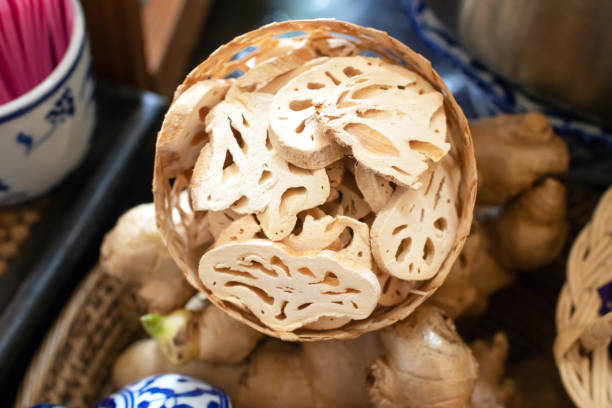Have antioxidant properties

Many flavonoid and alkaloid chemicals found in the lotus plant may serve as antioxidants. Antioxidants aid in the neutralization of reactive chemicals known as free radicals. When free radicals accumulate in your body, they can produce oxidative stress, which damages cells and leads to the development of illness. Lotus contains antioxidant substances such as kaempferol, catechin, chlorogenic acid, and quercetin. Lotus appears to have the most antioxidant activity in its seeds and leaves.
While research on the human health consequences of lotus consumption is scarce, it is considered that these antioxidant chemicals may protect against illnesses caused by oxidative stress. They may, in particular, have anti-cancer properties, protect against Alzheimer's disease, and prevent liver damage. In one test-tube investigation, the leaves, petals, and stamen — the plant's pollen-producing parts — were discovered to have high antioxidant activity and to block enzymes linked to Alzheimer's disease.









